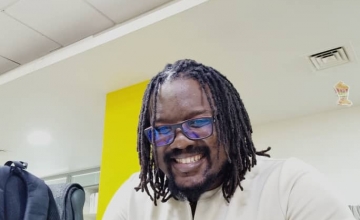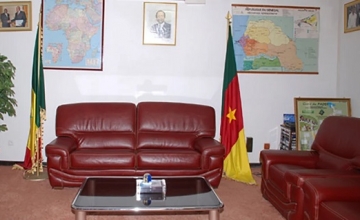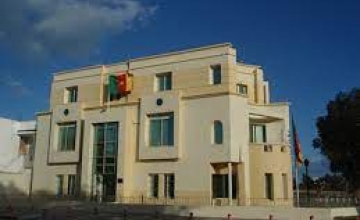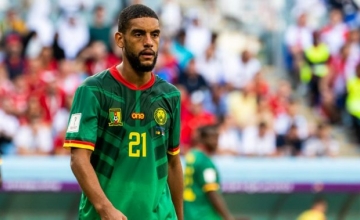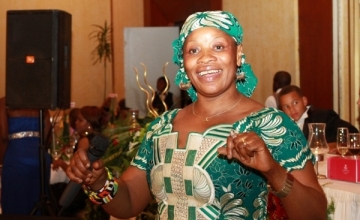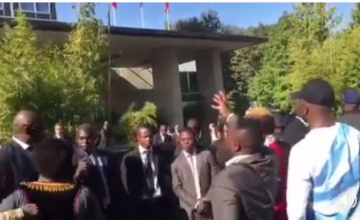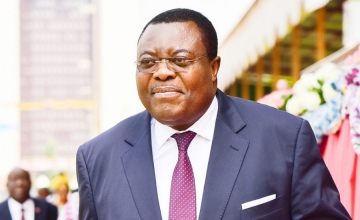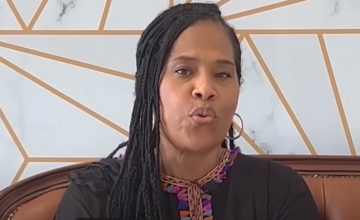
The report seeks to expose the “human rights catastrophe and evidence of crimes against humanity”, organisers have said. The report is the joint effort of the Raoul Wallenberg Centre for Human Rights (RWCHR) and the Centre for Human Rights and Democracy in Africa, CHRDA.
RWCHR is a Montreal-based non-governmental organisation dedicated to pursuing justice through the protection and promotion of human rights. Its name and mission is inspired by Raoul Wallenberg's humanitarian legacy and pursues justice by mobilizing advocacy and advising foreign policy in Canada and around the world.
The Centre for Human Rights and Democracy in Africa is the brainchild of Cameroonian-born human rights lawyer, Nkongho Felix Agbor Anyior alias Agbor Balla, Vice President of the African Bar Association.
The human rights report to be co-published by the aforementioned organisations is captioned “Knowing The Agony In The Anglophone Regions Of Cameroon”. It traces the start of the Anglophone Crisis and presents an evidence-based account of the “human rights catastrophe and crimes against humanity”.
“On the June 3, 2019, the Centre for Human Rights and Democracy in Africa will be co-launching its groundbreaking human rights report with Raoul Wallenberg Centre for Human Rights (RWCHR) pertaining to the Anglophone crisis in Cameroon,” the Founder/President of CHRDA said in a statement.
“Crimes against humanity have been committed in Cameroon. Let’s not turn away,” Pearl Eliadis, Canadian lawyer and senior fellow of the Raoul Wallenberg Centre for Human Rights said in a statement.
The Canadian lawyer writes that “Cameroon is experiencing a largely ignored human rights catastrophe in the North West and South West regions of the country, home to most of its Anglophone population. Ten percent of that population has been forcibly displaced, making the tiny country the unlikely sixth largest source of displaced persons in the world. More than 200 villages have been attacked and burned. UN sources say 1.3 million people are in immediate need of humanitarian assistance.”
The co-author of the report Cameroon’s Unfolding Catastrophe goes on to write that: “Noted author Chimamanda Ngozi Adichie referred to it in The New York Times as Cameroon’s “carnage.” International and domestic civil society groups, media, and human rights defenders have been trying to get the international community to pay attention.
“Until very recently, they have failed. The crisis has been shrugged off as the inevitable consequence of internal conflict.
“As Jan Egeland of the Norwegian Refugee Council said recently, there have been “no systematic mediation efforts, no large relief programme, little media interest and too little pressure on the parties to stop attacking civilians.” This conflict, like many on the African continent, has roots in European interference and risks garnering little attention until the worst happens.
“This is the wrong response. The international community can and should be doing more. The evidence from Cameroon offers an opportunity to translate clear early warning signs into early action to prevent further escalation.
“Canada should also be doing more. That is why the Centre for Human Rights and Democracy in Africa and the Raoul Wallenberg Centre for Human Rights created a unique Cameroonian-Canadian partnership, culminating in the report Cameroon’s Unfolding Catastrophe, to be launched at #RightsCity 2019.
“Significantly, the report concludes that reasonable grounds exist to believe that crimes against humanity have been committed in Cameroon. We underscore the need for immediate action to prevent further atrocities, protect civilian populations and seek accountability. Mediated talks and independent investigations are critical components of any successful solution.”







